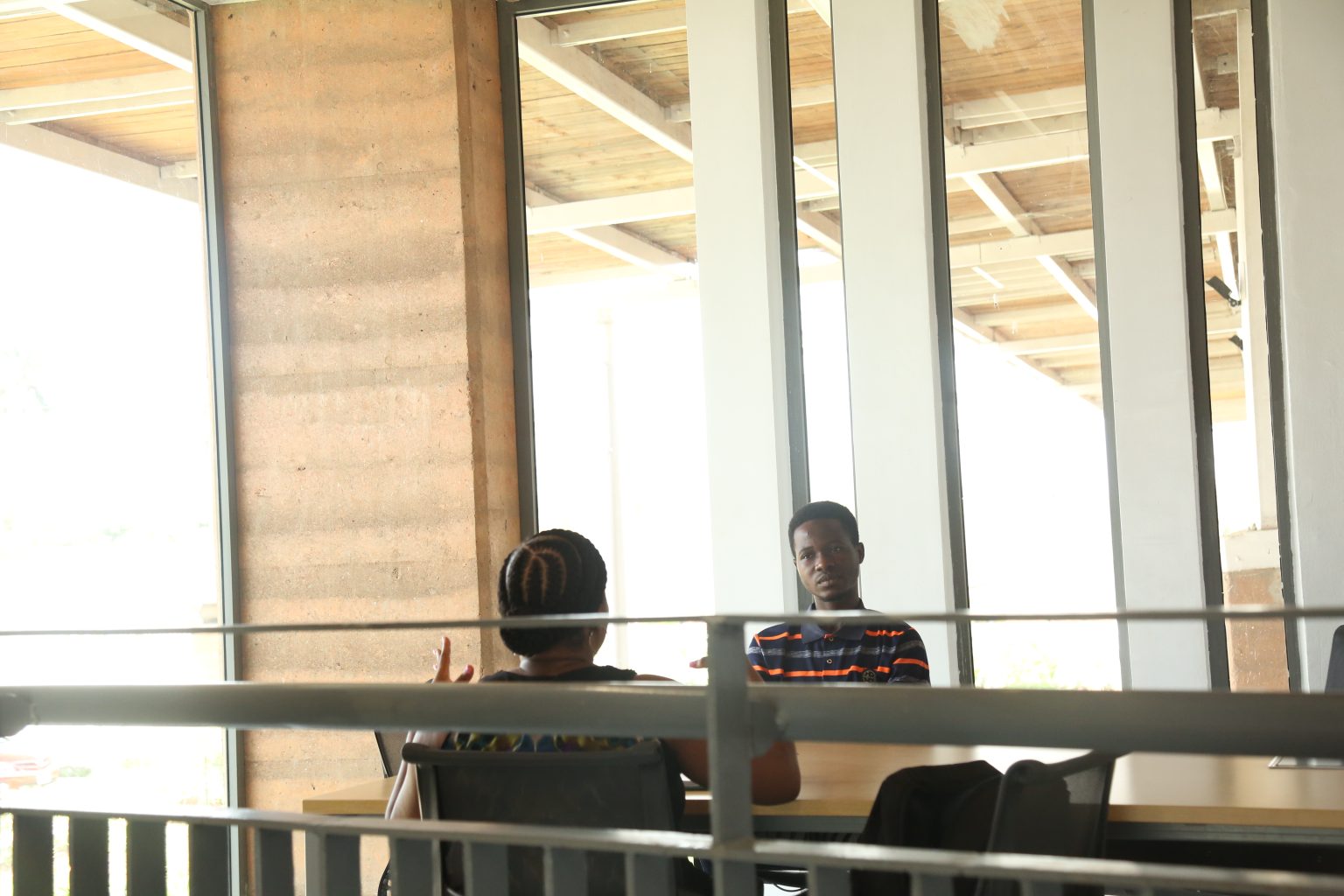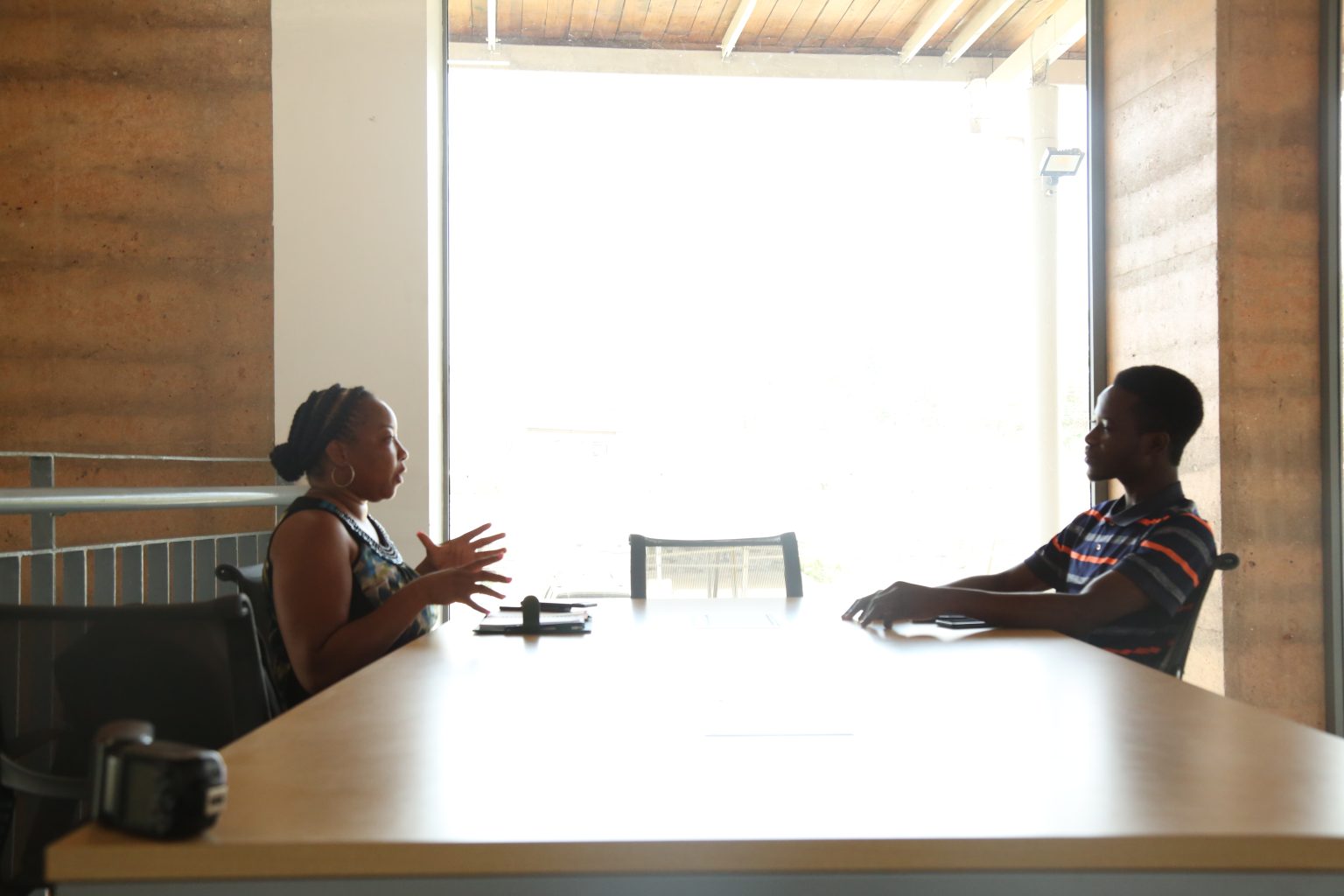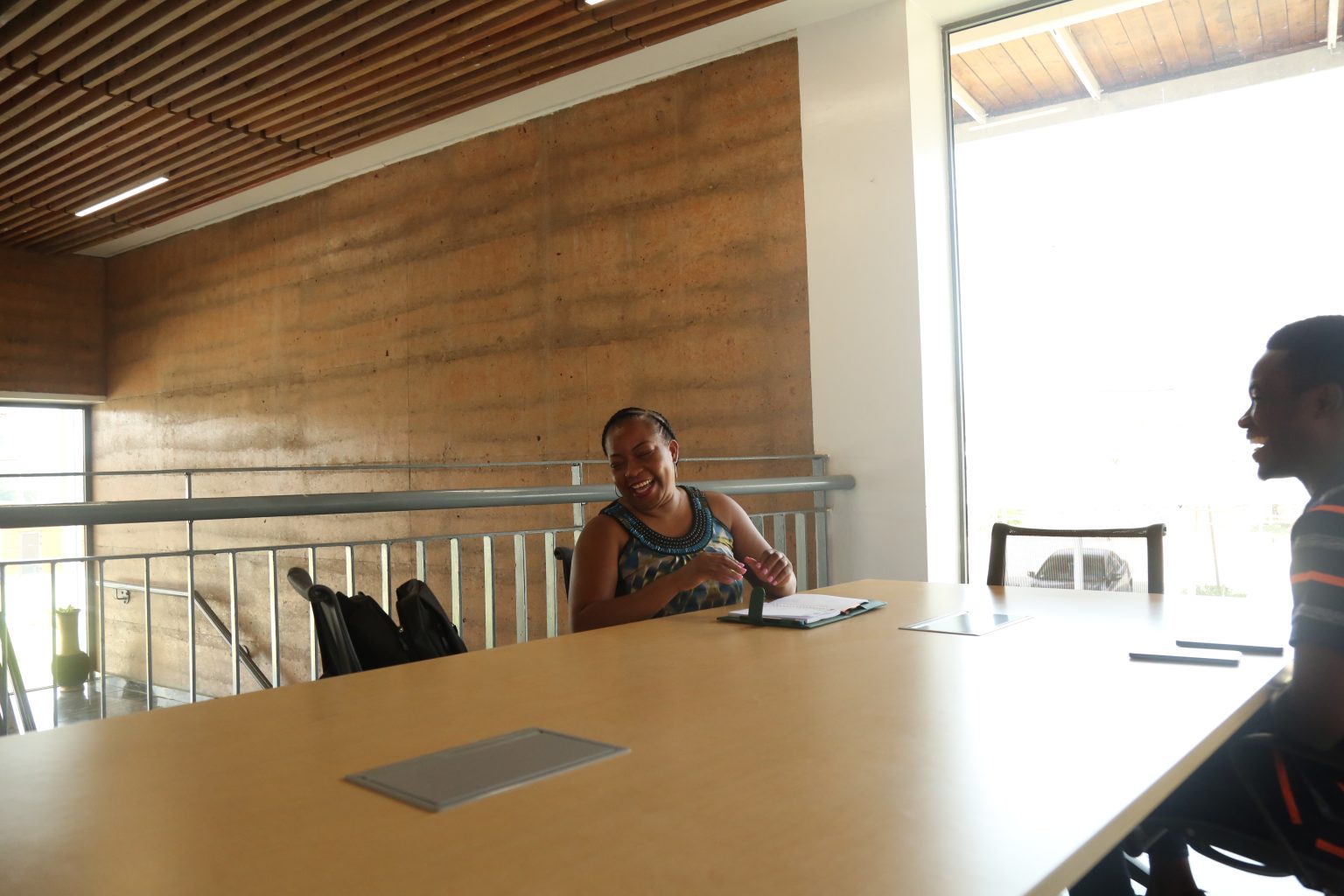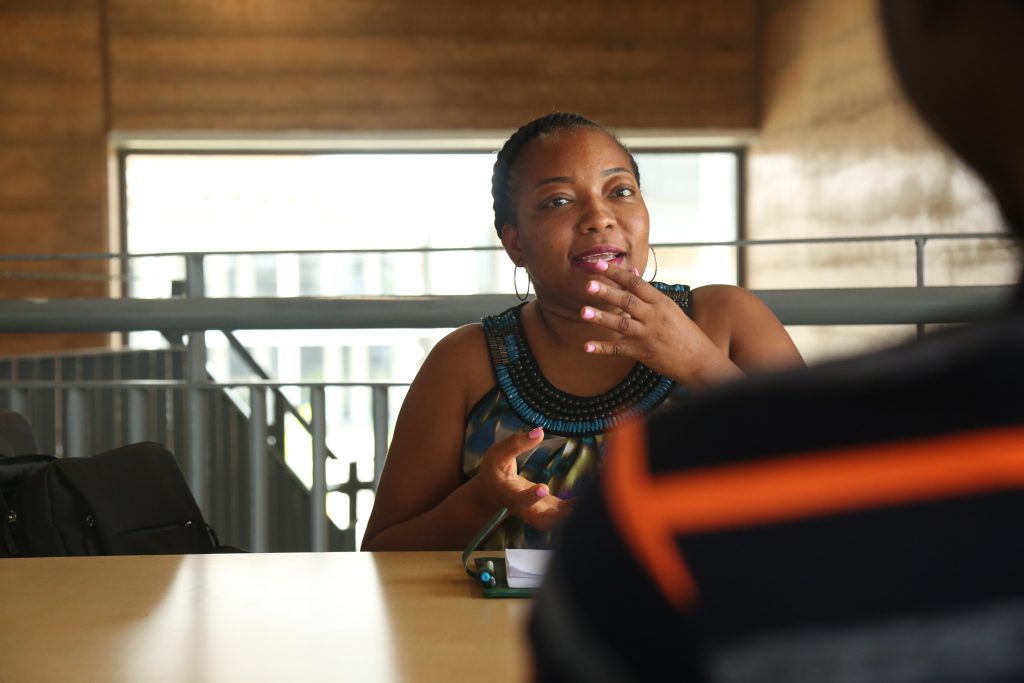“There’s no place like home.” This timeless phrase, immortalized by Dorothy in The Wizard of Oz, speaks to the universal longing for comfort, familiarity, and belonging. For Dr. Lola Fagbami, a Harvard-trained scholar, this sentiment resonates deeply.
Her journey began decades ago when she left Nigeria as a young girl, having only completed her Junior Secondary School Certificate Examination (JSCE) at a time when the country had just 28 states. Though she built an impressive academic and professional career abroad, her heart never strayed far from home. Now, after decades away, she has returned—not just to reconnect but to contribute in a meaningful way, using her expertise to drive scientific advancements in Nigeria.
Recently appointed as a research adviser for a task force set up by the Nigerian Ministry of Health, Dr. Fagbami is at the forefront of efforts to develop a candidate vaccine for the Lassa virus. This initiative, co-chaired by the Director-General of the Nigeria Centre for Disease Control (NCDC) and the National Agency for Food and Drug Administration and Control (NAFDAC), marks a critical step in addressing one of Nigeria’s most pressing public health challenges.
As part of her work, she recently visited the Institute of Genomics for Global Health (IGH) at Redeemer’s University, Ede, Osun State—a professional and deeply personal visit. There, she reconnected with the institute’s director, Prof. Christian Happi, whom she first met in 2015 as a second-year PhD student while both were affiliated with the Broad Institute of MIT and Harvard. She also engaged with young researchers at the institute—master’s students, PhDs, and postdoctoral fellows.
Reflecting on her return, Dr. Fagbami expressed how she had longed for this moment. More than nostalgia, a sense of purpose brought her back. She sees her journey as a calling—to use the knowledge and experiences she has gained to drive scientific progress in Nigeria. Even before her current role with the task force materialized, this sense of purpose had guided her decision to return.
Despite spending most of her formative years in the U.S., she has remained deeply rooted in her Yoruba heritage. She not only speaks the language fluently but also writes it with proper accentuation—a skill she proudly acknowledges as rare, even among some native speakers.
Dr. Fagbami is passionate about collaboration in science, firmly believing breakthroughs are not achieved in isolation. One of her key objectives this year is to bring together scientists for discussions on Lassa virus vaccine development—exchanging ideas, learning from diverse perspectives, and strengthening clinical trial efforts.
Grateful for the family, mentors, and countless individuals who have supported her journey, she is committed to paying it forward. “I may never be able to repay them,” she says, “but I am determined to make a meaningful impact, no matter how small.”
Having traveled to 15 countries, Dr. Fagbami is especially appreciative of the presence of an institution like the Institute of Genomics and Global Health, IGH, in Nigeria. She acknowledges that world-class research was once nearly impossible without traveling abroad, but institutions like IGH are changing that reality. “There might be other places, but currently, IGH is one of a kind,” she notes.
She commends Prof. Christian Happi for fostering an environment of excellence at IGH and urges stakeholders to support the institute’s mission. With the right backing, she believes IGH can further solidify its role as a leading research institution, empowering the next generation of Nigerian scientists
Kehinde Ajadi



